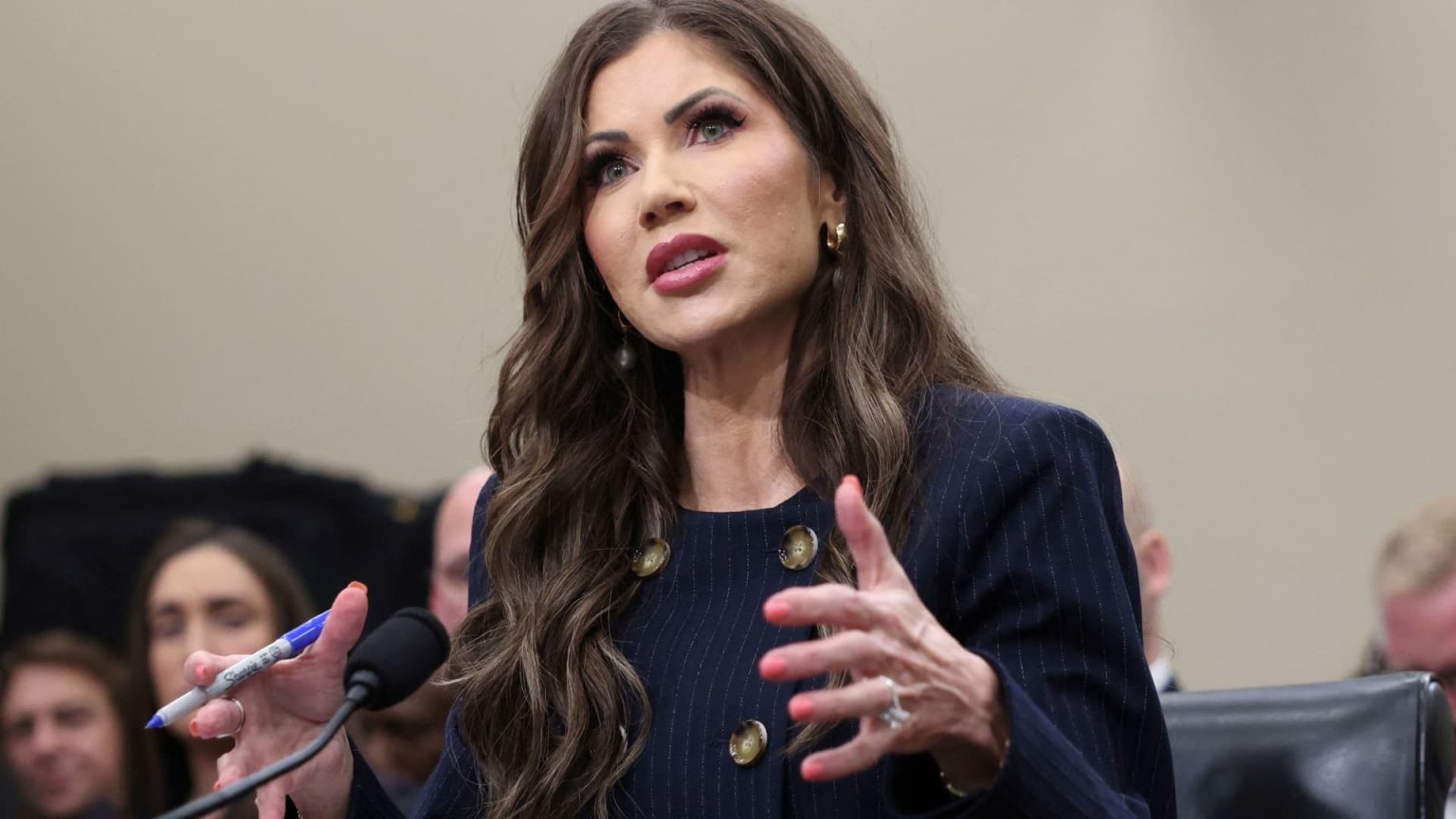In a recent development surrounding the Boulder, Colorado attack, Homeland Security Secretary Kristi Noem announced the detention of the family of the suspect, Mohamed Soliman. Accused of attempted murder in a fire attack against demonstrators, Soliman’s actions have raised serious questions about his family’s potential involvement. As investigations continue, authorities are examining the circumstances that led to this violence and the motives behind Soliman’s actions.
| Article Subheadings |
|---|
| 1) Overview of the Boulder Attack Incident |
| 2) Family Detention and Investigations |
| 3) Legal Context and Charges Against Soliman |
| 4) Reactions from Authorities and Community |
| 5) Broader Implications and Ongoing Investigations |
Overview of the Boulder Attack Incident
On Sunday, June 2, 2025, a shocking incident occurred in Boulder, Colorado, where Mohamed Soliman, a 45-year-old Egyptian national, allegedly carried out a deliberate attack on demonstrators with a makeshift incendiary device, including Molotov cocktails and a flamethrower. The demonstrators were advocating for the release of hostages held by the militant group, Hamas, making this event particularly charged amid ongoing geopolitical tensions. Reports indicate that Soliman expressed his intention during the attack by shouting “Free Palestine,” lending a disturbing political undertone to the violent act. Witnesses detailed chaos as flames erupted, resulting in eight individuals requiring hospitalization due to burns.
Family Detention and Investigations
Following the attack, Secretary Kristi Noem confirmed that immigration agents took Soliman’s family into custody for questioning. As part of an ongoing investigation, authorities are exploring whether Soliman’s family had foreknowledge of his plans or inspired his actions to some degree. The family includes Soliman’s wife and five children, all residing in Colorado Springs. The involvement of his family raises pressing questions about potential radicalization and support systems for individuals engaging in violent extremism.
Legal Context and Charges Against Soliman
Legal proceedings are unfolding against Soliman, who faces multiple state charges, including attempted murder and possession of an incendiary device. In state court, he is currently being held on a bond set at $10 million. Furthermore, Soliman has also been charged in federal court with a hate crime, as investigators believe his actions were motivated by animosity towards the demonstrators due to their religious or ethnic identities. It has been revealed that Soliman applied for asylum in September 2022, shortly after entering the United States on a tourist visa. This raises important questions about the intersection of immigration status, mental health, and radical behavior.
Reactions from Authorities and Community
The Boulder community and officials are voicing strong reactions in light of these events. Secretary Noem expressed her commitment to pursuing justice by stating,
“This terrorist will be prosecuted to the fullest extent of the law. We are investigating to what extent his family knew about this heinous attack…”
The local government leaders, as well as community members, are grappling with the shock of such an event occurring in their neighborhood. Additionally, community gatherings are being organized to provide healing and solidarity in the aftermath. Victims’ families have also received support from local organizations aimed at addressing the traumas inflicted by such acts of violence.
Broader Implications and Ongoing Investigations
The ramifications of the Boulder attack extend beyond the immediate incident, as investigators analyze the broader trends of political violence and radicalization in the U.S. Secretary Noem emphasized the need for thorough inquiry, reflecting rising concerns about domestic terrorism and how it is reflected in American society. The federal charges related to hate crimes illustrate an increasing acknowledgment of the complexities surrounding radicalized narratives and their manifestations in violent actions. Conversations about how to combat radicalization and prevent such incidents from happening in the future are gaining traction at both community and national levels.
| No. | Key Points |
|---|---|
| 1 | The Boulder attack on June 2 involved a flamethrower and Molotov cocktails aimed at demonstrators supporting the release of Israeli hostages. |
| 2 | Homeland Security Secretary Kristi Noem confirmed the detention of the suspect’s family by federal immigration agents amid investigations. |
| 3 | Soliman is charged with multiple counts of attempted murder and a hate crime, reflecting broader concerns about domestic terrorism. |
| 4 | The community is reacting strongly, with gatherings held for support and healing after the attack. |
| 5 | Ongoing investigations are focusing on radicalization and the motivations behind violence in the U.S. |
Summary
The Boulder attack serves as a grim illustration of the rising concern around politically motivated violence in the United States. With authorities investigating the roots of the incident and its connections to broader issues of radicalization and hate crimes, the community and nation alike must confront the implications of this tragic event. The actions of Mohamed Soliman necessitate a serious discussion about the factors that lead individuals to resort to violent extremism and the measures needed to prevent such incidents in the future.
Frequently Asked Questions
Question: What were the circumstances surrounding the Boulder attack?
The attack occurred on June 2, 2025, when Mohamed Soliman targeted demonstrators with a flamethrower and Molotov cocktails, injuring eight individuals as they advocated for the release of Israeli hostages held by Hamas.
Question: What charges is Soliman facing?
Soliman faces multiple counts of attempted murder and a hate crime in connection with the attack, with a bond set at $10 million in state court.
Question: What actions are being taken by authorities regarding Soliman’s family?
Authorities have detained Soliman’s family for questioning to determine their possible involvement or knowledge regarding his actions prior to the attack.


